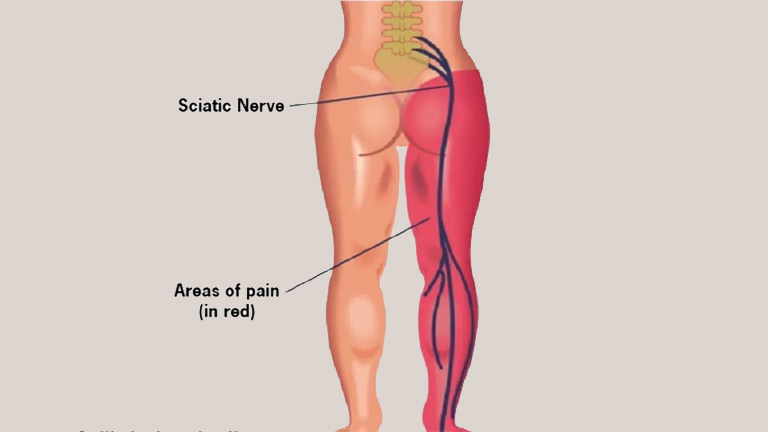
Dysphagia, marked by challenges in swallowing, can result in a variety of complications that profoundly affect an individual’s quality of life. This article delves into five common complications associated with dysphagia, shedding light on their potential effects and management.
Malnutrition and Weight Loss: The Subtle Consequence
Dysphagia can hinder the intake of essential nutrients, often leading to malnutrition and unintended weight loss. Difficulty in swallowing can discourage individuals from consuming a balanced diet, contributing to deficiencies in vital vitamins and minerals. A multidisciplinary approach involving dietitians and speech therapists is crucial in devising strategies to meet nutritional requirements while accommodating swallowing difficulties.
Reduced Quality of Life: The Social and Emotional Toll
The impact of dysphagia extends beyond physical health, affecting one’s emotional well-being and social interactions. Embarrassment, frustration, and isolation are common among those struggling to eat in social settings. The inability to partake in meals with family and friends can lead to feelings of exclusion. Support groups, counseling, and communication techniques can empower individuals to navigate these challenges and regain a sense of normalcy.
Aspiration Pneumonia: A Silent Threat
Aspiration pneumonia stands as a grave concern for those with dysphagia. It occurs when food, liquids, or saliva are inhaled into the lungs, leading to inflammation and infection. Elderly individuals are particularly vulnerable, as weakened swallowing muscles and reduced cough reflexes increase the likelihood of aspirating. Preventive measures include modifying food consistency and texture, such as using thickeners like Simply Thick to make liquids safer to swallow.
Aspiration and Respiratory Issues: Beyond the Lungs
Beyond aspiration pneumonia, dysphagia-related complications can extend to the respiratory system. Aspirated particles can trigger chronic coughing, wheezing, and lung infections, exacerbating existing respiratory conditions like asthma. The complex interaction between dysphagia and respiratory well-being highlights the significance of adopting a comprehensive treatment strategy. Effective management involves collaboration not only between speech-language pathologists and pulmonologists but also with nutritionists who can tailor diets to mitigate potential triggers. These professionals work in synergy to enhance swallowing mechanics and address respiratory symptoms, aiming not only to prevent immediate issues but also to provide long-term relief and improved quality of life for individuals facing the challenges of dysphagia and its respiratory repercussions.
Impaired Medication Administration: A Complex Obstacle
Administering medication becomes intricate for individuals with dysphagia. Pills and capsules may become lodged in the throat or esophagus, leading to discomfort or inadequate absorption. Healthcare providers must be informed of swallowing difficulties to prescribe appropriate formulations, such as liquid or crushed medications.
Additionally, pharmacists can play a pivotal role in offering guidance on safe and effective administration techniques. Pharmacists possess valuable expertise in compounding medications into various forms to accommodate swallowing challenges, ensuring that patients receive their prescribed treatments without the added stress of struggling to swallow pills. Their collaboration with healthcare teams and patients alike underscores the significance of a holistic approach to managing dysphagia-related medication concerns.
Dysphagia’s complications extend far beyond mere swallowing difficulties, impacting various aspects of an individual’s life. Tackling these difficulties necessitates a holistic strategy that encompasses healthcare experts, caregivers, and individuals dealing with the challenges. Through proper management and support, those with dysphagia can strive to enhance their overall well-being and regain control over their lives.




